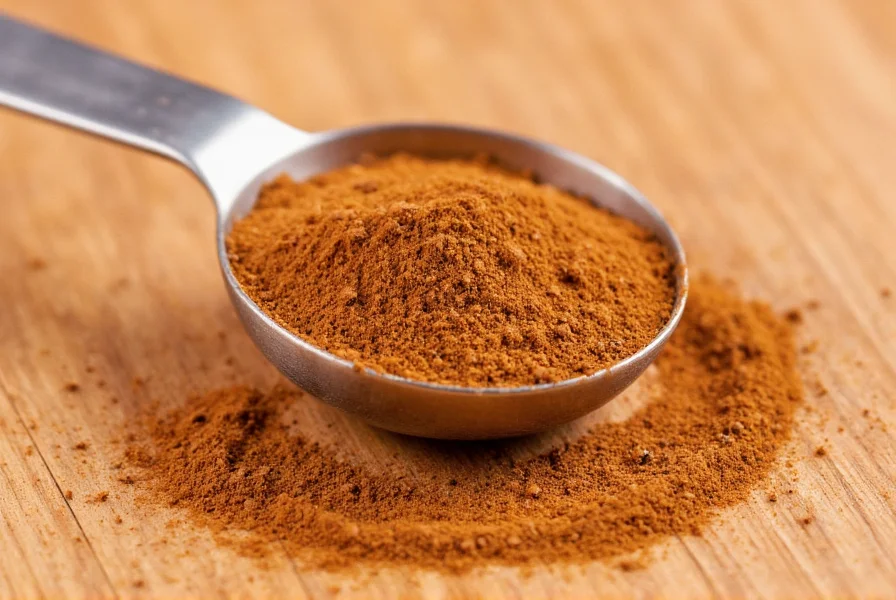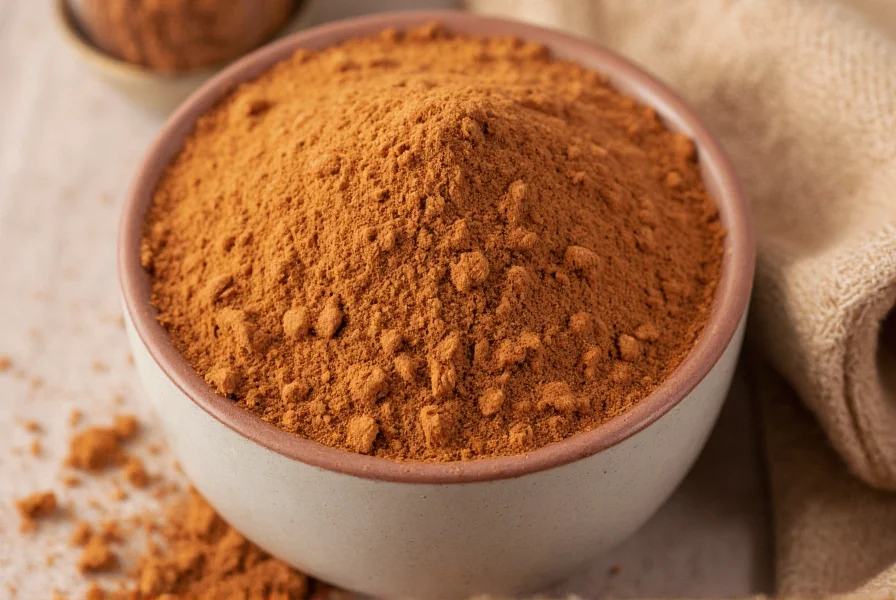Cinnamon has been used for centuries both as a spice and traditional medicine. Modern research continues to uncover its potential health effects, making it one of the most studied spices in nutritional science. Understanding the differences between cinnamon varieties and their respective health impacts is crucial for making informed dietary choices.
Two Main Types of Cinnamon
Not all cinnamon is created equal. The two primary varieties available commercially have significant differences in composition and health implications:
| Characteristic | Ceylon Cinnamon | Cassia Cinnamon |
|---|---|---|
| Also known as | "True" cinnamon, Cinnamomum verum | Chinese cinnamon, Cinnamomum cassia |
| Appearance | Thin, delicate layers, light brown | Thick, hard sticks, dark reddish-brown |
| Coumarin content | Very low (0.004-0.14 mg/g) | High (2.1-5.6 mg/g) |
| Market availability | Less common, more expensive | Most common (90% of US market) |
| Flavor profile | Milder, sweeter | Stronger, spicier |

Science-Backed Health Benefits of Cinnamon
Multiple studies have investigated cinnamon's potential health effects. The most compelling evidence supports these benefits:
Blood Sugar Regulation
Research published in the Journal of the Academy of Nutrition and Dietetics found that cinnamon may improve insulin sensitivity and help lower blood sugar levels. A meta-analysis of 10 studies concluded that cinnamon supplementation significantly reduced fasting blood glucose levels, particularly in people with type 2 diabetes. The active compounds, including cinnamaldehyde and polyphenols, appear to mimic insulin and enhance glucose uptake by cells.
Antioxidant Properties
Cinnamon ranks #1 among 36 popular spices for antioxidant activity according to research in the Journal of Agricultural and Food Chemistry. Its high concentration of polyphenols helps combat oxidative stress, which contributes to aging and many chronic diseases. In fact, just one teaspoon of cinnamon provides more antioxidants than a half cup of blueberries.
Anti-Inflammatory Effects
Chronic inflammation contributes to numerous health conditions. Cinnamon contains compounds that inhibit inflammatory pathways in the body. A study in Food and Chemical Toxicology demonstrated cinnamon's ability to reduce markers of inflammation, potentially benefiting conditions like arthritis and other inflammatory disorders.
Potential Health Risks and Safety Considerations
While cinnamon offers potential benefits, important safety considerations exist:
Coumarin Content Concerns
Cassia cinnamon contains significant amounts of coumarin, a natural compound that can cause liver damage in sensitive individuals when consumed in large quantities. The European Food Safety Authority established a tolerable daily intake of 0.1 mg of coumarin per kilogram of body weight. For a 150-pound adult, this translates to approximately 1 teaspoon of Cassia cinnamon daily.
Medication Interactions
Cinnamon may interact with certain medications, particularly those metabolized by the liver or medications that affect blood sugar. People taking diabetes medications should consult their healthcare provider before significantly increasing cinnamon intake, as it could potentially cause blood sugar to drop too low.
Allergic Reactions
Though rare, some individuals may experience allergic reactions to cinnamon, particularly when used topically. Oral consumption typically causes few issues for most people when consumed in culinary amounts.
Recommended Intake Guidelines
For safe consumption:
- Choose Ceylon cinnamon when possible for regular consumption
- Limited Cassia cinnamon intake to 1 teaspoon (about 2.5 grams) daily
- Ceylon cinnamon can be consumed up to 1-2 teaspoons (2-4 grams) daily
- People with liver conditions should be particularly cautious
- Consult a healthcare provider before using cinnamon medicinally

Practical Ways to Incorporate Cinnamon Safely
You don't need to consume large amounts to potentially benefit from cinnamon's properties. Consider these practical applications:
- Add 1/4-1/2 teaspoon to morning coffee or tea
- Sprinkle on oatmeal, yogurt, or fruit
- Use in moderate amounts in baking recipes
- Create a cinnamon-infused honey for occasional use
- Add to savory dishes like curries and stews
Conclusion: Is Cinnamon Healthy?
The evidence suggests cinnamon can be a healthy addition to your diet when consumed appropriately. Ceylon cinnamon offers the best safety profile for regular consumption, while Cassia should be limited to occasional culinary use. The potential benefits for blood sugar regulation, antioxidant protection, and inflammation reduction make it a valuable spice, but it's not a miracle cure. Like all foods, moderation is key, and cinnamon works best as part of an overall balanced diet rather than as a standalone treatment for health conditions.
Frequently Asked Questions
How much cinnamon is safe to eat daily?
For Ceylon cinnamon, 1-2 teaspoons (2-4 grams) daily is generally safe. For Cassia cinnamon, limit to 1 teaspoon (about 2.5 grams) daily due to its higher coumarin content. People with liver conditions should consult their healthcare provider before regular consumption.
What's the difference between Ceylon and Cassia cinnamon for health?
Ceylon cinnamon contains significantly less coumarin (a compound that can cause liver damage in high doses) than Cassia cinnamon. While both varieties offer similar potential health benefits, Ceylon is safer for regular, long-term consumption. Cassia contains 20-50 times more coumarin than Ceylon cinnamon.
Can cinnamon lower blood sugar effectively?
Research shows cinnamon may help improve insulin sensitivity and lower fasting blood glucose levels, particularly in people with type 2 diabetes. However, it should not replace diabetes medication. The effect is modest (typically 10-29 mg/dL reduction in fasting glucose), and results vary between individuals.
Does cinnamon have proven anti-inflammatory benefits?
Yes, laboratory and animal studies demonstrate cinnamon's anti-inflammatory properties. Human studies are more limited but suggest cinnamon may reduce inflammatory markers. The compounds cinnamaldehyde and epicatechin appear responsible for these effects, potentially benefiting conditions related to chronic inflammation.
Is it safe to take cinnamon supplements regularly?
Cinnamon supplements can contain concentrated amounts of cinnamon compounds, including potentially high levels of coumarin. Without knowing the specific type and concentration, regular supplement use carries more risk than culinary use. Consult a healthcare provider before taking cinnamon supplements, especially if you have liver conditions or take medications.











 浙公网安备
33010002000092号
浙公网安备
33010002000092号 浙B2-20120091-4
浙B2-20120091-4